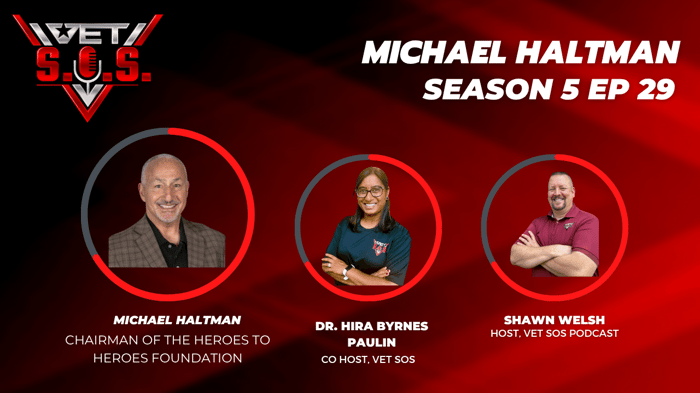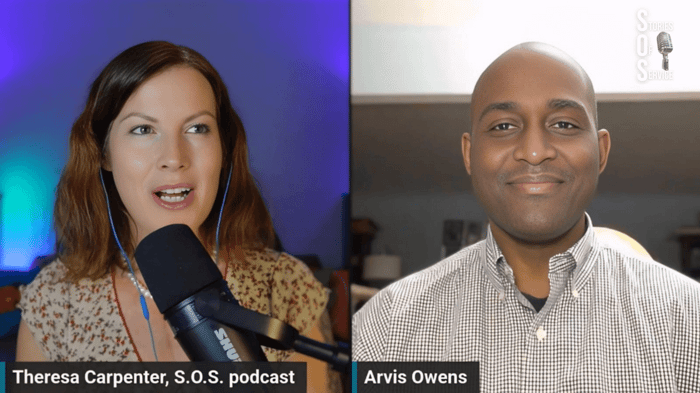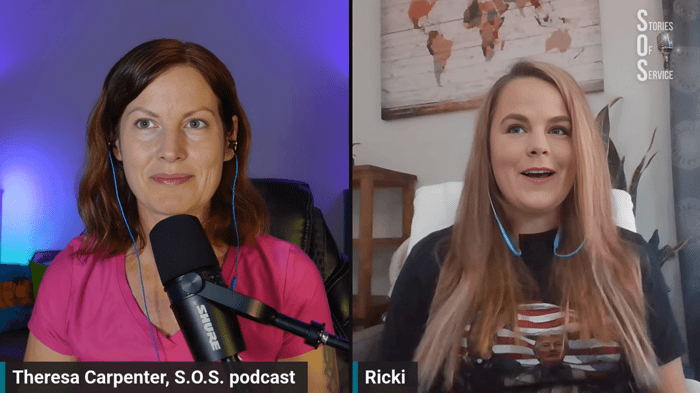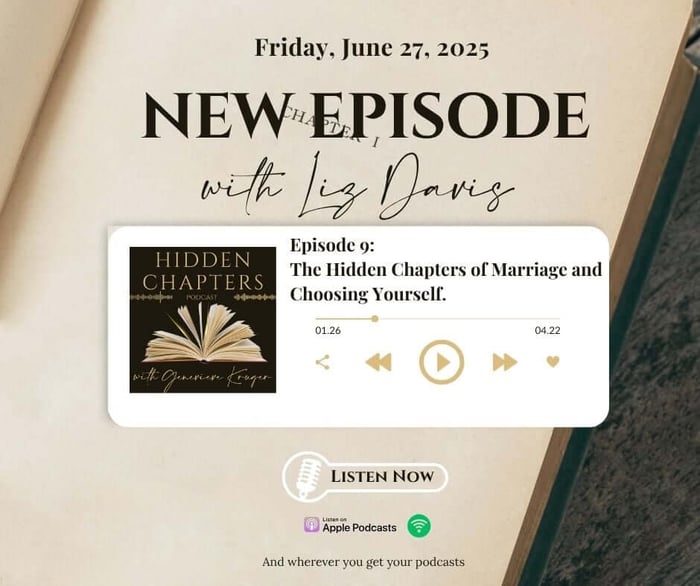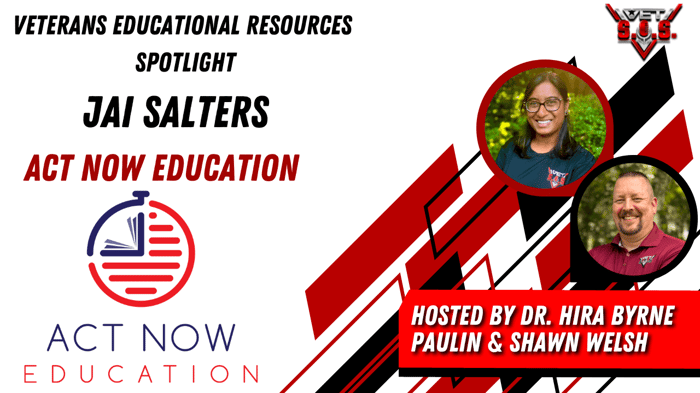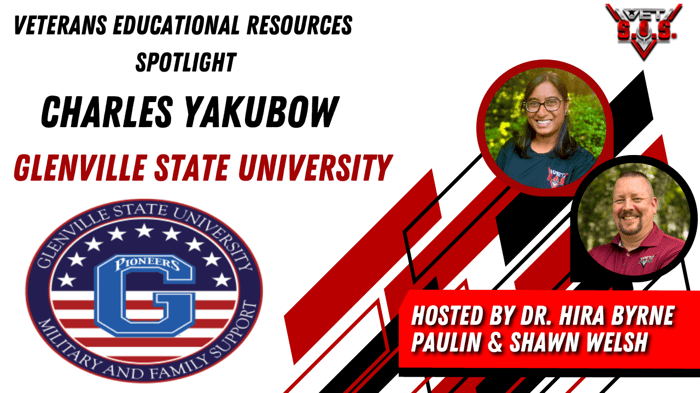Healing Moral Injury: A Lifeline for Veterans Through Heroes to Heroes
Healing moral injury is one of the most urgent and often overlooked needs in the veteran community. Unlike physical wounds or even PTSD, moral injury is an invisible scar—a soul wound that occurs when someone experiences or participates in events that violate their deepest values. This kind of injury leaves a person questioning their purpose, their identity, and sometimes, their will to live.
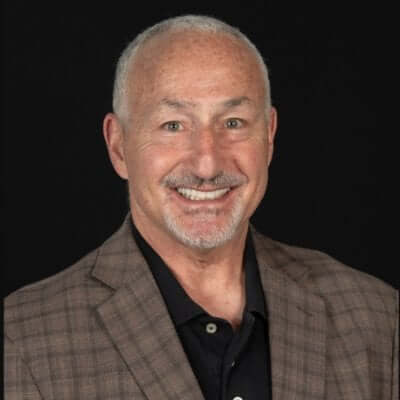 Michael Haltman
Michael HaltmanIn this episode of the VET S.O.S. Podcast, we hear from Michael Haltman, Chairman of the Heroes to Heroes Foundation, a 501(c)(3) nonprofit dedicated to healing moral injury in combat veterans. Through a powerful combination of peer support, faith-based reflection, and international connection, the foundation has created a unique and successful model that saves lives and helps veterans reintegrate into their communities.
What Is Moral Injury—and Why Does Healing Moral Injury Matter?
Moral injury stems from experiences that deeply challenge an individual’s sense of right and wrong. For many veterans, moral injury results from decisions made in combat, witnessing atrocities, or being placed in situations where they couldn’t act in alignment with their values.
As co-host Dr. Hira discussed in the episode, many veterans struggle with these internal conflicts but don't have the language to describe them. They often say, “I don’t think I have PTSD, but I know something is wrong.” That “something” is frequently moral injury—and healing moral injury becomes essential for reclaiming peace of mind and purpose.
Unlike PTSD, which is trauma-related and fear-driven, moral injury is guilt-based and existential. Healing moral injury means addressing not only emotional pain but also spiritual disconnection, loss of identity, and shame.
Heroes to Heroes: A Model for Healing Moral Injury
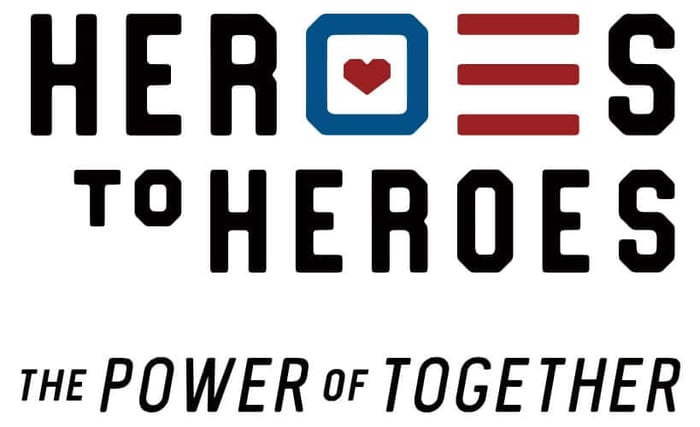 The Heroes to Heroes Foundation was founded by Judy Elias, whose own family experiences and visit to Walter Reed inspired her to take action. Recognizing that traditional treatments often overlooked spiritual restoration, she developed a program focused on healing through faith and connection.
The Heroes to Heroes Foundation was founded by Judy Elias, whose own family experiences and visit to Walter Reed inspired her to take action. Recognizing that traditional treatments often overlooked spiritual restoration, she developed a program focused on healing through faith and connection.
The program lasts one year and centers around a life-changing 10-day journey to Israel, which is widely recognized as one of the most spiritually significant places in the world. This isn’t a sightseeing trip—it’s a structured, transformative experience where participants visit sacred sites, engage in daily coaching, and share space with IDF (Israel Defense Forces) soldiers who have faced similar trauma.
Through this journey and ongoing support, veterans start healing moral injury at its root.
Spiritual Reconnection and the Power of Place
The Israel journey plays a pivotal role in healing moral injury. Participants visit locations like the Western Wall, Stations of the Cross, and the Jordan River, engaging in rituals that allow them to reframe their experiences through a lens of faith and forgiveness.
One veteran’s story, shared by Haltman in the episode, illustrates this beautifully. After being forced to kill a child in combat—a trauma that haunted him for years—he had a breakthrough while visiting Yad Vashem, Israel’s Holocaust museum. There, he found a candle lit for every child lost during the Holocaust and finally understood that he was not a monster—he was a soldier doing his duty in impossible circumstances. That realization marked a key moment in his journey toward healing.
Peer Support: The Bedrock of Healing
Another cornerstone of the Heroes to Heroes program is peer support. Veterans go through the program in cohorts, allowing them to form deep bonds with others who truly understand their pain. These connections often continue for years, creating a network of understanding and accountability.
The program also includes veterans from Israel’s IDF, facilitating a rare but powerful cross-national solidarity. These shared experiences foster a sense of global brotherhood and add layers of richness to the process of healing moral injury.
As Michael Haltman explains, “A veteran might not open up to me—but they will open up to another veteran who’s walked the same path.”
Measurable Success in Healing Moral Injury
Heroes to Heroes has had 450 participants to date. The most astonishing fact? Not one graduate has died by suicide.
A long-term academic study led by Dr. Joseph Currier at the University of South Alabama validated the program’s success in reducing suicidal ideation and improving psychological well-being. These findings underscore the foundation’s unmatched track record in healing moral injury and preventing suicide.
This is a testament not only to the program's design but also to its continued alumni engagement and comprehensive, year-long support structure.
Rebuilding Purpose After Trauma
The journey doesn’t end in Israel. After the 10-day trip, participants return home and continue working through their goals. This phase is just as critical to healing moral injury, as it encourages veterans to redefine their values, set personal and family goals, and reintegrate into society.
The program includes ongoing check-ins, alumni coaching, and structured community engagement. Many veterans eventually return as peer coaches, mentoring the next group and continuing their own journey toward healing.
Who Can Join the Program?
The Heroes to Heroes Foundation is primarily for combat veterans, but also accepts applicants who have experienced military sexual trauma (MST) and other forms of extreme emotional and spiritual distress. Anyone experiencing suicidal ideation or feelings of moral collapse should consider applying.
The program is free of charge to veterans. The only cost to participants is travel to New York City, where the group departs for Israel. From there, everything is covered—including travel, accommodations, meals, and coaching.
For those interested, applications can be submitted at www.heroestoheroes.org.
Fundraising and Community Support
With an average cost of $10,000 per veteran, funding is essential to keeping this life-saving mission alive. Heroes to Heroes hosts regular fundraisers, including the upcoming 15th Annual Golf and Pickleball Classic on July 21st at the Seawane Club in Long Island, NY.
Sponsorships, donations, and community awareness make the difference between life and death for those seeking help. Supporters can donate directly through the website or get involved through event sponsorships and volunteer opportunities.
Final Thoughts: Why Healing Moral Injury Matters Now More Than Ever
As public awareness of veteran suicide continues to grow, there is a pressing need to address the real roots of these tragedies. Healing moral injury must become a focal point of veteran care—not just through therapy and medication, but through connection, faith, and purpose.
Heroes to Heroes represents a model that works. It’s personal. It’s peer-driven. It’s faith-based. And it’s proven.
As Michael Haltman said on the podcast, “Bringing our American heroes from suicidal ideation to community reintegration is our mission. And it works.”
Call to Action
If you or someone you love is suffering from moral injury or suicidal thoughts, don’t wait. Reach out to the Heroes to Heroes Foundation today. Apply, donate, refer, or simply learn more at www.heroestoheroes.org.
Let’s commit to healing moral injury—one veteran, one connection, one journey at a time.
